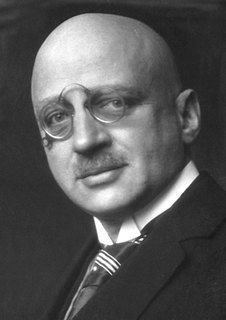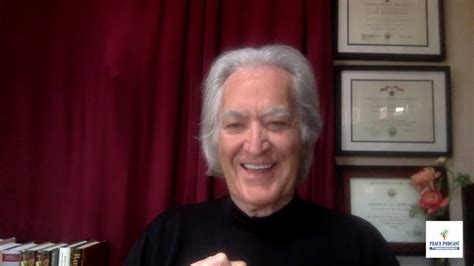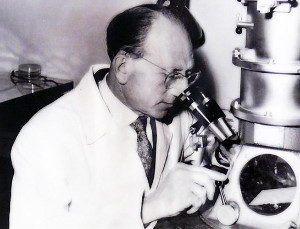A Quote by Donald Cram
An investigator starts research in a new field with faith, a foggy idea, and a few wild experiments. Eventually the interplay of negative and positive results guides the work. By the time the research is completed, he or she knows how it should have been started and conducted.
Related Quotes
The field of scientific abstraction encompasses independent kingdoms of ideas and of experiments and within these, rulers whose fame outlasts the centuries. But they are not the only kings in science. He also is a king who guides the spirit of his contemporaries by knowledge and creative work, by teaching and research in the field of applied science, and who conquers for science provinces which have only been raided by craftsmen.
Eventually it became clear that our emotions, attitudes, and thoughts profoundly affect our bodies, sometimes to the degree of life or death. Soon mind-body effects were recognized to have positive as well as negative impacts on the body. This realization came largely from research on the placebo effect—the beneficial results of suggestion, expectation, and positive thinking.
Any chemist reading this book can see, in some detail, how I have spent most of my mature life. They can become familiar with the quality of my mind and imagination. They can make judgements about my research abilities. They can tell how well I have documented my claims of experimental results. Any scientist can redo my experiments to see if they still work-and this has happened! I know of no other field in which contributions to world culture are so clearly on exhibit, so cumulative, and so subject to verification.
Research is an expression of faith in the possibility of progress. The drive that leads scholars to study a topic has to include the belief that new things can be discovered, that newer can be better, and that greater depth of understanding is achievable. Research, especially academic research, is a form of optimism about the human condition.
I would ask, "How can one have a technological society without research? How can one have research without researching dangerous areas? How can one research dangerous areas without uncovering dangerous information? How can you uncover dangerous information without it falling into the hands of insane people who will sooner or later destroy the human race, if not the whole of life on earth?" Who knows? God only knows!
Exploration, of course, is going to new places, but I don't think we go to new places just solely to say: "Well, we've been there," and come back, interesting though it may be. To me, each time we go farther into space we should use that to do basic research - basic research that can't be done before you go there.
Biochemists and biologists who adhere blindly to the Darwinism theory search for results that will be in agreement with their theories and consequently orient their research in a given direction, whether it be in the field of ecology, ethology, sociology, demography (dynamics of populations), genetics (so-called evolutionary genetics), or paleontology. This intrusion of theories has unfortunate results: it deprives observations and experiments of their objectivity, makes them biased, and, moreover, creates false problems.
Original research starts all inspiration. Get inside the head of the consumer. Understand their needs, hopes and dreams. Deliver to their expectation. Have your team do the work. They will then have the framework for the solution. If they believe and they understand, the results will be their results.




































